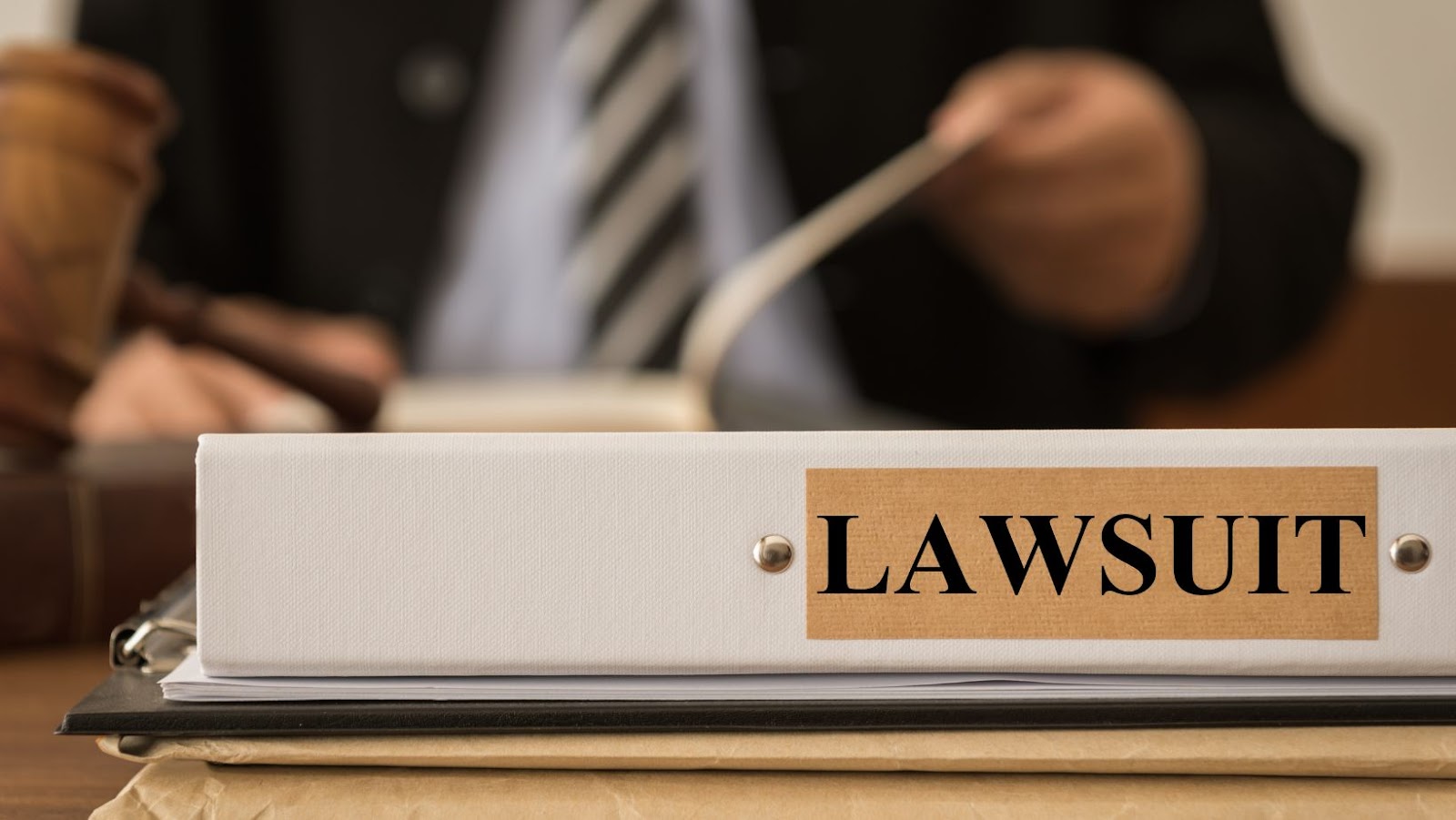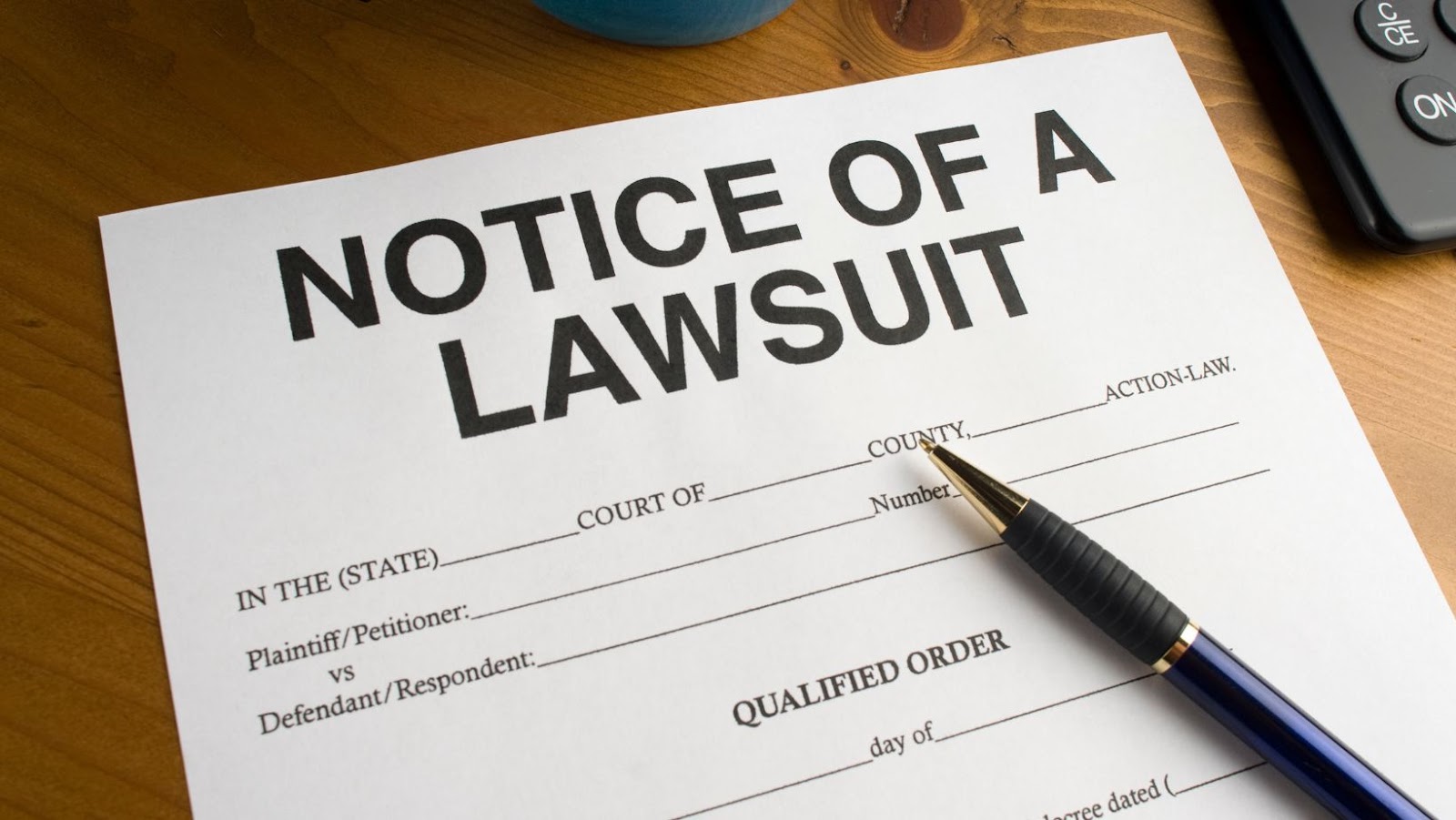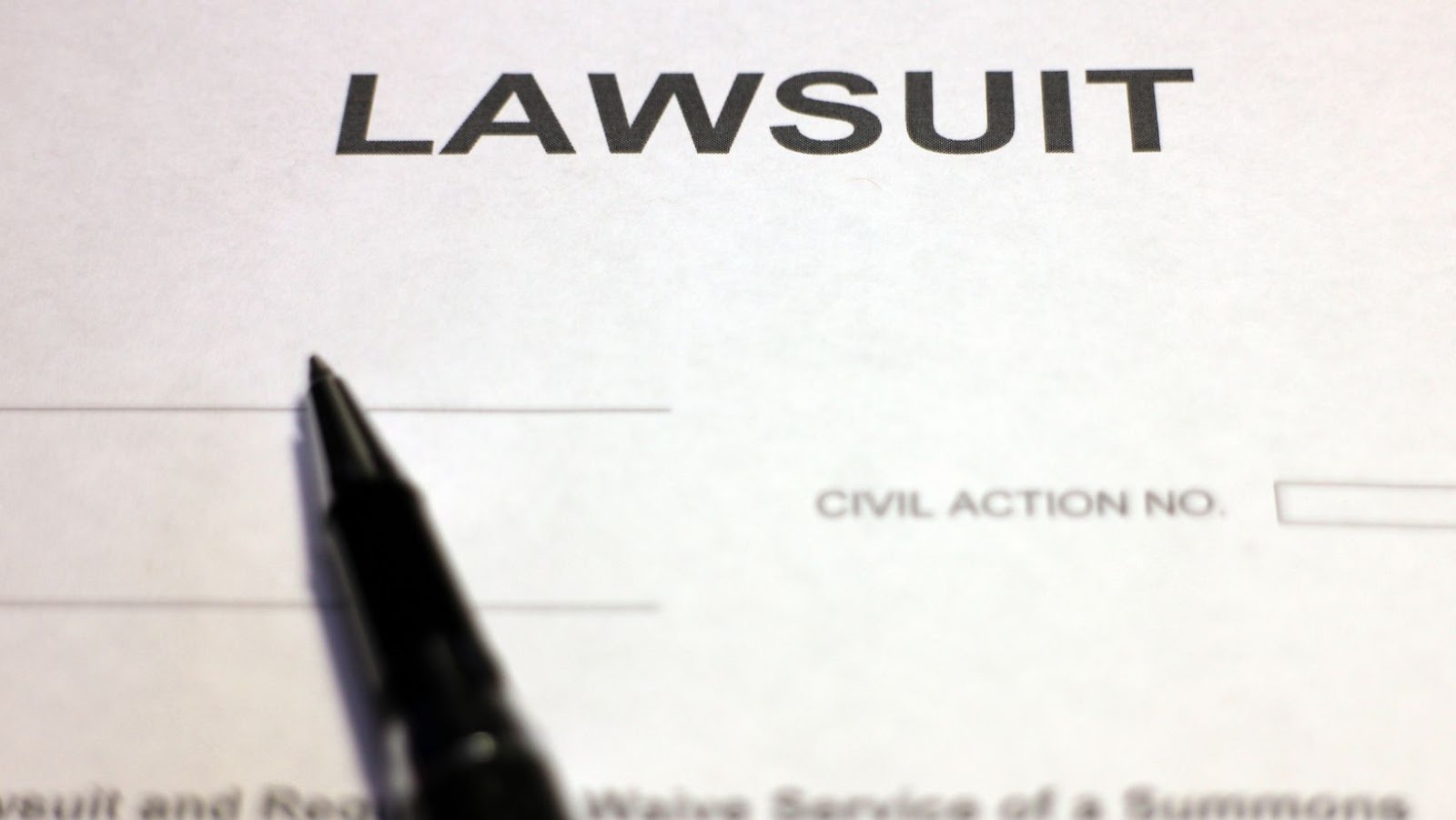NYC recently filed a lawsuit against Activision Blizzard, Inc. and its CEO Bobby Kotick, alleging deceptive business practices. This marks the latest chapter in the long-running saga between the two parties, which has seen the City of New York take action against the video game giant in recent months.
In this article, we’ll take a look at the lawsuit, its implications for both parties, and why NYC has chosen to target the CEO Bobby Kotick:
Background on Bobby Kotick, CEO of Activision Blizzard
Bobby Kotick is a highly-regarded American business executive and the current CEO of Activision Blizzard, the world’s largest video game developer and publisher. Since founding Activision Blizzard in 2008, Bobby has overseen their growth into a media juggernaut with popular titles including Call of Duty, Overwatch and World of Warcraft.
Kotick has been an executive in the video game business for many years with notable successes at companies such as Silicon & Synapse (renamed to Activision) and early investors in Electronic Arts before being named CEO of Activision Blizzard in 2008. In 2010 he was inducted into the Academy of Interactive Arts & Sciences Hall of Fame.

Kotick is well known for his open views on the business environment and often speaks at business events hosted by groups such as Harvard Business School MBA Program, The Milken Institute Global Conference, The Clinton Global Initiative Annual Meeting, The Future Of Living Conference Series (offered by Davos) or Stanford Graduate School Of Business. In addition, his expertise in global marketing strategy makes him one of the most sought after executives worldwide for M&A evaluation & strategies for entertainment companies.
Under Kotick’s leadership, Activision Blizzard has become one of the most successful companies in its sector. Their annual revenue has grown from just under a billion U.S. Dollars (USD) to more than 4 billion USD in 2019 – a growth rate almost unparalleled among other companies across multiple industries.
NYC targets CEO Bobby Kotick in latest Activision Blizzard lawsuit
On February 5th, 2021, the Mayor of New York City, Bill de Blasio, filed a lawsuit against Bobby Kotick, the CEO of Activision Blizzard. The suit alleges that Mr. Kotick violated multiple labour laws by placing Activision Blizzard employees on unpaid leave and arbitrarily cutting their compensation to boost profits for himself and other executives.
The lawsuit is part of the NYC Department of Consumer & Worker Protection (DCWP) effort to protect workers from being taken advantage of by corporations and their CEOs. According to Mayor de Blasio’s chief legal counsel Maya Wiley, this suit marks a “new era in worker protection in New York City” as it seeks to ensure that workers are not exploited and that executive pay is equitably distributed throughout a business’s labour force.
The legal action follows an audit conducted by the DCWP into Activision Blizzard’s use of mandatory unpaid leave and pay cuts which found that those practices significantly harmed employees while disproportionately benefitting executives like Mr. Kotick who earned more than $200 million in 2020 alone. As a result, the DCWP is seeking restitution for affected employees and injunctive relief designed to ensure that all future pay practices at Activision Blizzard comply with labour laws.
NYC’s Allegations
In the most recent lawsuit between NYC and Activision Blizzard, NYC aims to hold CEO Bobby Kotick personally responsible for the company’s alleged failure to comply with labour laws. The city asserts that Kotick was aware that Activision Blizzard was violating labour laws, but failed to take any action to prevent it.
With that said, let’s now delve into the specifics of the lawsuit and the allegations NYC has made:
Allegations of insider trading
The city of New York alleges that Bobby Kotick, the CEO of Activision Blizzard, profited by engaging in insider trading as he bought more shares in his own company ahead of an announcement that millions of dollars in bonuses would be paid out to executives.
According to the allegations, Kotick used non-public information to buy stock shortly before news of a $400 million bonus payment was publicly announced and sold the stock at an inflated price when the announcement sent share prices skyrocketing.

The move is said to have netted Kotick more than $90 million in profits and violated his duties as a director by participating and attempting “to take advantage of company shareholders for his gain.”
The lawsuit not only seeks damages from Kotick but also from Activision Blizzard itself, alleging that its board allowed improper executive compensation agreements which served as justification for Kotick’s alleged insider trading activities. If these allegations are proven true, this could lead to significant fines for both parties involved and potentially long-term reputational damage for those associated with the incident.
Allegations of stock manipulation
The lawsuit filed by New York City names Chairman and Chief Executive Officer (CEO) of Activision Blizzard, Bobby Kotick, for alleged acts of securities fraud. The civil suit is focused on selling $1 billion worth of stock between October 2018 and February 2019.
The city has alleged that Kotick had used insider information to manipulate the sale of his stocks during these five months. The stock price steadily declined during this time due to bad news reports swirling around Activision Blizzard. However, as news began circulating that a possible investor would be buying up stock in Activision Blizzard – driving up the share price – Kotick is said to have continued trading, reaping substantial profits. He stopped trading shortly before news broke that the potential investor had lost interest in the company’s stock.
The city believes that Kotick’s actions constituted “unlawful insider trading” during a period when he should have been aware that some material nonpublic information would affect his trades. Accordingly, the lawsuit seeks to force him to return any profit made from such trading, as well as bring an end to any further securities fraud within Activision Blizzard.
Allegations of misleading investors
The New York City Comptroller’s Office, acting on behalf of the New York City Pension Funds, has filed a lawsuit alleging that Activision Blizzard and its CEO Robert A. Kotick misled investors about the company’s financial performance, in violation of federal securities laws.
The New York City Pension Funds invested over $18 million in Activision Blizzard. According to the lawsuit, from February 2016 to October 2019, Bobby Kotick and other executives made numerous misstatements about the company’s annual revenues and earnings forecasts during this period. In addition, the company allegedly provided false guidance on forecasted consumer spending and digital revenues that were not achievable. Furthermore, these misleading statements caused share prices to be artificially inflated until the truth emerged in July 2019 when Activision Blizzard disclosed that it had missed its projected targets. When this news became public, share prices declined nearly 20%.
The lawsuit seeks damages for losses suffered by investors resulting from these alleged misrepresentations and seeks to ensure that such violations do not happen in the future. The lawsuit also demands that Activision Blizzard embrace stronger corporate governance practices with robust oversight measures to protect investors moving forward.
Impact of the Lawsuit
New York City’s latest lawsuit against Activision Blizzard and CEO Bobby Kotick is sure to have some serious implications. The lawsuit centres around alleged violations of the city’s lobbying disclosure and reporting laws and seeks to recover damages of up to $1 million if found guilty. This legal battle could set a significant precedent for other companies and seriously impact the public’s perception of the company.
Let’s take a closer look at the potential repercussions of the lawsuit:
Potential financial penalties
One of the potential financial penalties that the City of New York may seek to impose on Bobby Kotick, CEO of Activision Blizzard, relates to comments made in a 2018 earnings call. In that earnings call, he stated that 800 out of 900 people working for Activision Destiny 2’s development studio were being laid off and moved on to other projects.
The City’s lawsuit alleges that Mr. Kotick did not take any steps to ensure that the individuals affected by the layoffs had adequate resources or support during this time and instead continued to focus solely on profits while disregarding employee welfare and safety. As a result, the City is seeking financial restitution for lost wages and any potentially related medical or psychological expenses incurred by those impacted by the layoffs, which could exceed millions of dollars.

Further, NYC has requested a public disclosure statement that details any organisational changes related to safety and wellbeing initiatives; this would serve as an example across large-scale organisations to raise awareness around employment security concerns within an ever-evolving digital landscape.
Possible criminal charges
Last week, the New York City Comptroller announced that the City of New York targets Bobby Kotick, Chief Executive Officer (CEO) of video game publisher Activision Blizzard in a shareholder derivative lawsuit. The case brings attention to the abuse of corporate resources by Kotick and other executive team members as well as potential criminal action.
The lawsuit alleges several Activision executive team members, including Kotick, have misused company funds for lush perks and vacations. It also accuses them of conflicts of interest, such as awarding themselves lucrative bonuses at the expense of investors. If these allegations are true, the executives could be liable for criminal charges including fraud and false statements.
In addition to civil penalties and possible jail time for those found guilty, there are also wide-reaching consequences from such legal actions. For example, investors may sue Activision for losses incurred due to these alleged misdeeds, or file class-action lawsuits on behalf of all harmed individuals or organisations against those responsible. The case could also lead to complications in future contracts or partnerships between Activision Blizzard’s subsidiaries and other businesses or government entities if any are found guilty in this case.
This lawsuit presents a significant legal risk to Bobby Kotick and other executives involved with Activision Blizzard’s activities – not only could they face criminal charges but also hefty fines and potential damage to their reputations if vindicated guilty. In addition, depending on how extensive the alleged misuse proves upon further investigation, shareholders may suffer severe financial losses if the court awards punitive damages; a larger inquiry into accountability on multiple levels may even be forthcoming.
Impact on Activision Blizzard’s reputation
The lawsuit against Activision Blizzard CEO Bobby Kotick has significantly impacted the company’s reputation, both online and off. After years of positive press and industry recognition, it has become increasingly difficult for the publisher to remain seen as a reliable partner or an attractive employer.
Public perception is arguably the greatest damage from this lawsuit, given that potential customers, investors and partners are likely to read headlines about corporate misconduct before forming their own opinions. Although these allegations have not been proven in court, many observers have already assumed the worst about the company’s leadership.
Moreover, the controversy has also harmed employee morale and loyalty. According to reports from former Activision Blizzard employees, some believe that certain executives are taking advantage of their positions to secure higher salaries and better compensation packages than their peers. The reputation of executives like Bobby Kotick will be essential in maintaining employee morale and setting a good example for new hires that strive to follow suit.
Finally, this lawsuit is a stark reminder of transparency’s importance in business operations. It illustrates how quickly public opinion can shift depending on how companies respond to allegations or other legal proceedings without necessarily acknowledging them first-hand through clear communication and accountability measures. As legal proceedings continue against Activision Blizzard’s CEO Bobby Kotick –– it is likely that many inside and outside of the organisation will be watching closely for updates that signal either guilt or innocence before any definitive judgement is reached in court.
Defense Strategies
New York City has targeted Bobby Kotick, the CEO of Activision Blizzard, in its most recent lawsuit against the video game publisher. In response, Kotick and his legal team likely have numerous defence strategies.
We’ll explore some of these options and how they could be used to combat the lawsuit:
Denial of allegations
In response to the lawsuit filed by the New York City Comptroller office against Bobby Kotick, CEO of Activision Blizzard, Inc. (ATVI) for allegedly failing to implement financial warning systems, ATVI released a statement denying any wrong-doing. In the statement, Bloomberg reported that ATVI is “strongly committed to corporate governance processes and procedures and [does] not believe that Mr. Kotick or any other current or former officer of Activision Blizzard engaged in misconduct”.
ATVI also defended its practices at board meetings, stating that “board members responsibly manage their duties through regular meetings and communications” and “shareholders are encouraged to attend board meetings and pose questions directly to executives”. The company also asserted that sufficient internal controls are in place with appropriate safeguards designed to help assure compliance with applicable laws, rules and regulations.
Proving lack of insider knowledge
In the lawsuit against Bobby Kotick, Activision Blizzard CEO and board member, the City of New York is attempting to prove that he had insider knowledge when making recommendations for the 2018 merger between Activision and Vivendi.
The City alleges that Mr. Kotick failed to disclose his knowledge to company associates and the financial advisors Activision hired before the merger. This is a violation of securities laws requiring disclosure of any nonpublic information that could influence a decision or transaction.
To prove lack of insider knowledge in this case, defence attorneys will look at several pieces of evidence including:
- Communications between Mr. Kotick and other executives regarding merger discussions;
- Public statements made by Mr. Kotick on behalf of Activision;
- Expert testimony about how decisions were made; and
- Independent financial analysis conducted before the merger agreement was reached.
If enough evidence can be gathered that suggests Mr. Kotick didn’t have access to any material nonpublic information at the time he recommended a merger. Likely, he won’t be found liable for violating securities laws. With enough evidence in his favour, Mr. Kotick can make a strong case for disproving allegations against him.
Demonstrating good faith
To demonstrate good faith, a defendant must act with scrupulous fairness and not hide material facts or take advantage of the plaintiff. It is important to consider the purpose behind the defence before selecting a strategy as it can be crucial in showing good faith.
When it comes to the lawsuit between New York City and Activision Blizzard CEO Bobby Kotick, several strategies can be employed in order demonstrate good faith:
- Kotick should cooperate fully with investigations and requests for information by New York City’s Department of Consumer Affairs relating to the dispute. This means providing any requested documents or access to witnesses promptly and accurately. Additionally, he should refrain from taking any action that might be interpreted as an attempt to impede or delay an investigation or gathering of facts relevant to the dispute – examples might include failing to respond promptly or providing incomplete documents with key information intentionally excluded.
- Kotick should always act realistically in negotiations and settlements with New York City; this means avoiding strategies such as attempting one’s opponent would not approve overly optimistic settling agreements that are expected obviously. Avoiding any positions not connected with reality reinforces his good faith position taken during settlement discussions and can potentially lead both sides towards agreement more quickly than if engaging in adversarial tactics purely on principle rather than based on pragmatic considerations.
Ultimately, demonstrating good faith involves showing a sincere willingness to resolve disputes without resorting unnecessarily combative behaviour towards opponents.
tags = trying to avoid liability for scandals, swift sale to Microsoft, another lawsuit for activision blizzard, nyc ceo bobby kotick microsofttotiloaxios, nyc activision ceo kotick microsofttotiloaxios, ceo bobby kotick microsofttotiloaxios, nyc activision blizzard bobby kotick microsofttotiloaxios, nyc activision ceo bobby kotick microsofttotiloaxios, activision bobby kotick microsofttotiloaxios, personal responsibility and liability for Activision’s broken workplace, filed by the New York City Employees’ Retirement System
























































































